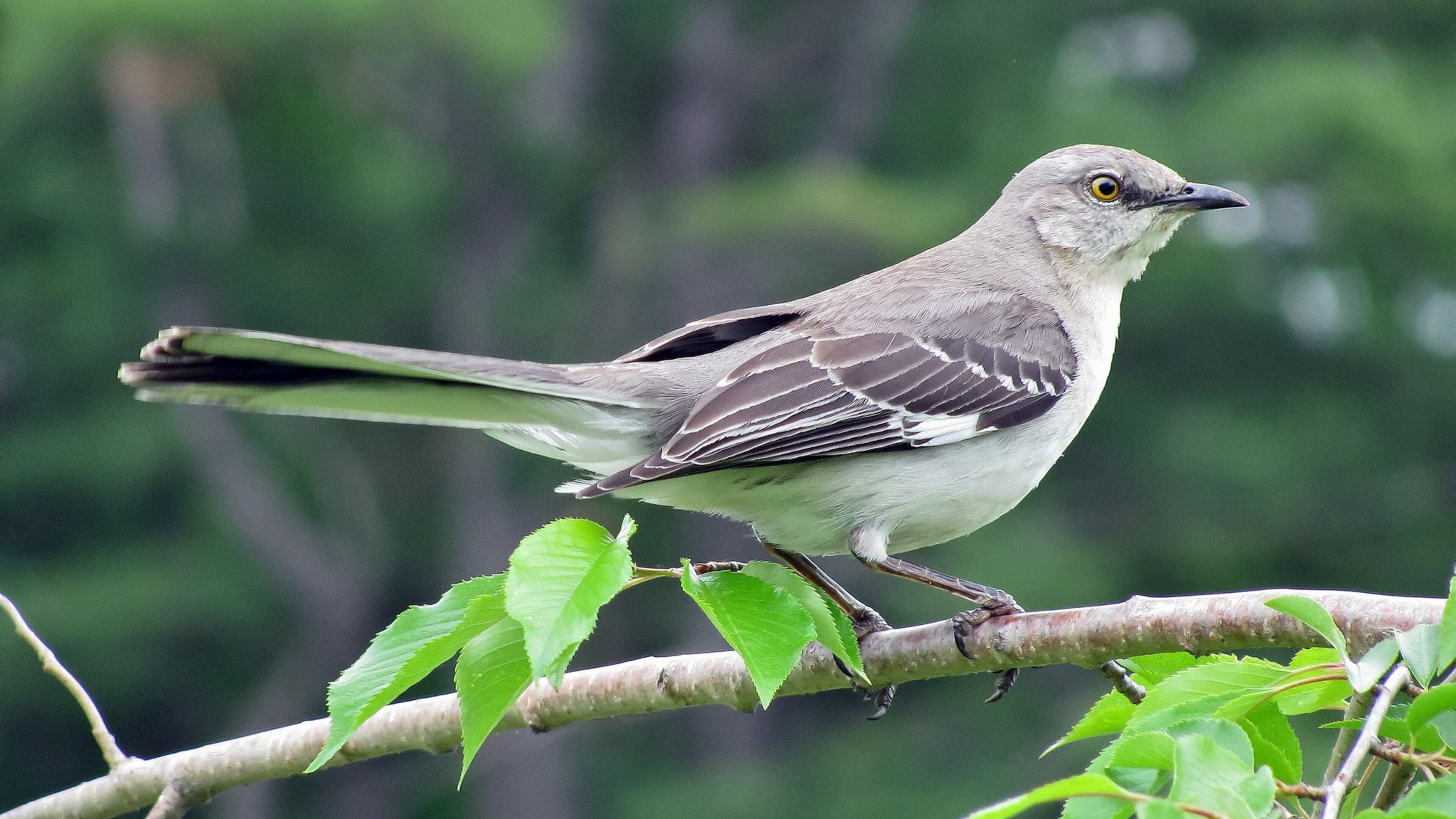WILD GEORGIA: A rousing mockingbird performance in a parking lot

Charles Seabrook’s “Wild Georgia” column appears weekly in The Atlanta Journal-Constitution.
I was driving in Banks County the other day and pulled into a convenience store parking lot to check directions to a country road that I was looking for. And that’s when I heard what clearly sounded like a chuck-will’s-widow calling.
I was taken aback: A chuck-will’s-widow calling in a parking lot? And in the middle of the day? No way, I thought. And then, from the same source, I heard another familiar bird sound: the bubbly “cheer, cheer, cheer” of a Northern cardinal. Then came the “peter, peter, peter” of a tufted titmouse.
I got out of my truck to see what was going on, and looked up. And there he was: a Northern mockingbird perched on a power line, doing what his species is most famous for — imitating a slew of songs and calls from other birds.
He regaled me with rich song for another couple of minutes or so, during which he added a few other tunes that sounded like the calls of a Northern flicker, an Eastern phoebe, a white-eyed vireo and a Carolina wren. Then he flew off, but it was one of the best — if not the best — mockingbird concerts I’ve ever heard. I was impressed.
Of course, I hear the joyful songs of mockingbirds nearly every day in my Decatur neighborhood, but this individual in a parking lot seemed exceptionally talented. If there were such a thing as an “American Idol” competition among birds, he’d surely be a winner.
The late Georgia ornithologist Thomas Burleigh had perhaps an explanation of why some mockingbirds seem more adept at performing songs than others: “An occasional individual appears far more skilled in this pastime than others — probably an older bird that has developed its technique over a period of years.”
A mockingbird‘s own song, Burleigh noted, is vigorous and attractive, “but (the bird’s) fame is justifiably based on its apparent delight in imitating perfect the songs of other birds.”
IN THE SKY: From David Dundee, Tellus Science Museum astronomer: The moon will "grow" next week to first quarter by the weekend. Venus is low in the west just after dark and sets less than an hour later — and will appear near the moon Saturday night. Mars rises in the east about four hours before dawn. Jupiter and Saturn rise in the east just before midnight. Mercury is not visible right now.

